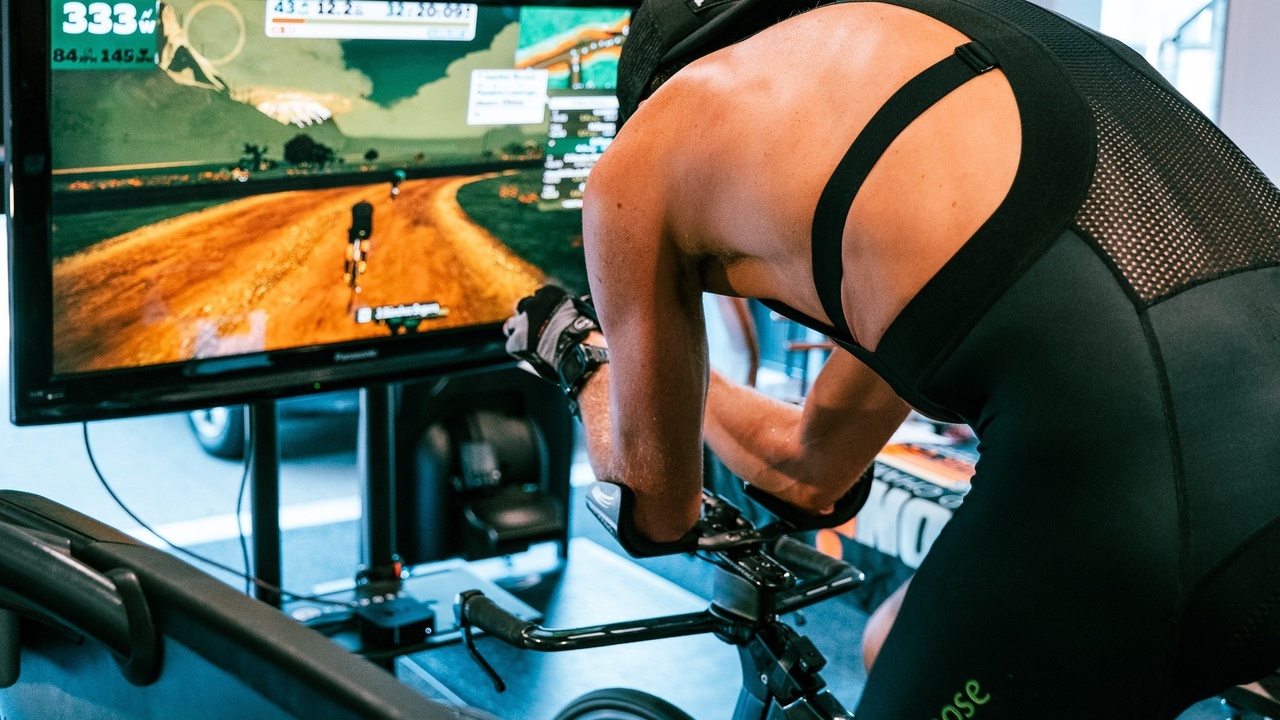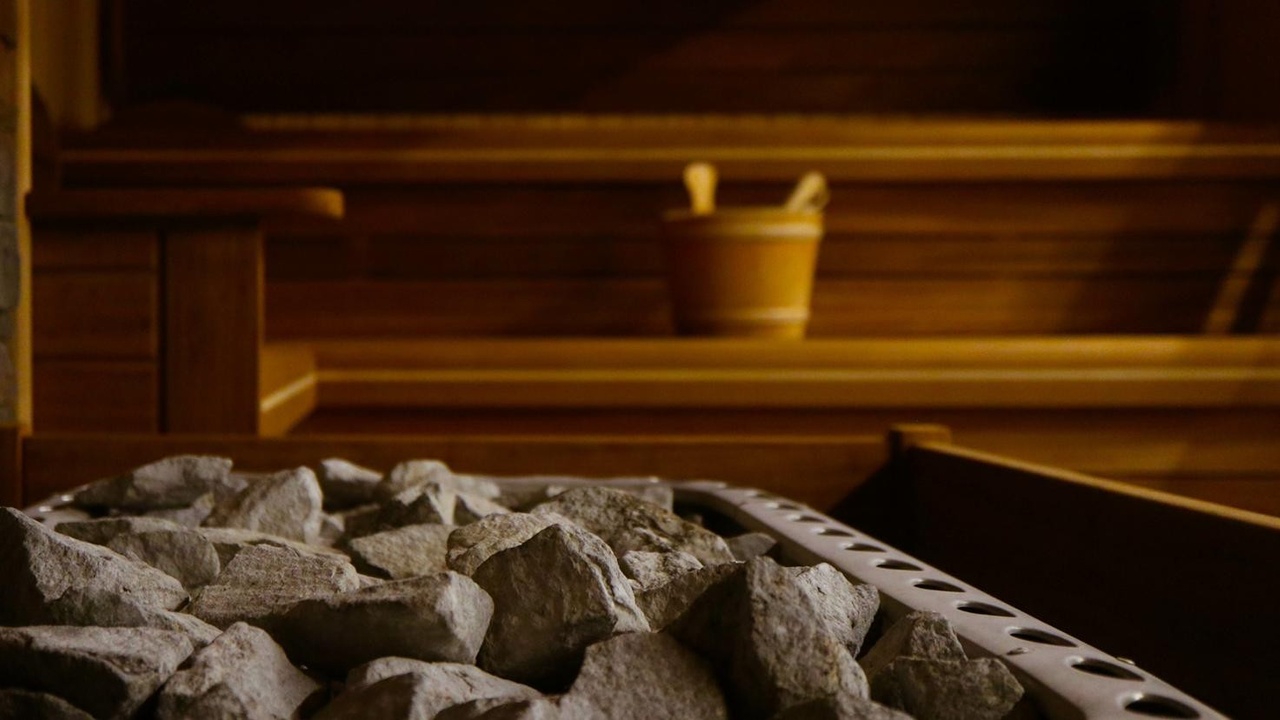New Study: The Cellular Energy Sensor, AMPK - Switching it on for Training Adaptation

by Dr Dan Plews
As we have discussed in several previous blogs, and in our courses, adaptations to endurance training are produced through activation of cellular signalling pathways in response to individual training sessions, with these cellular signalling pathways activated through detection of the physiological stresses generated through exercise. In this blog, we are going to focus on one of the most well-known proteins in the adaptive signalling cascade, the cellular energy sensor AMPK.
AMPK, or to give its full name, 5’adenosine monophosphate-activated protein kinase, is an important protein in the detection of the cellular energy stresses generated during endurance exercise (1). Specifically, AMPK within the muscle is activated by the metabolic stresses generated by exercise, and subsequently activates signalling pathways associated with endurance training adaptation (2). This pathway makes a lot of sense; if our muscle is stressed by exercise, we detect it and then send signa...
Post-exercise sauna bathing for endurance athletes: When and why

As we all know, the heat is a bit of a hot topic in long-distance triathlon. Our World Championships take place in the hot and humid conditions of Kona, Hawaii, and many of us compete in hot conditions in other events around the world. We, therefore, know that we need to acclimate to heat before participating in these hot-weather events (8). A lot of athletes are also starting to use heat as a means of up-regulating regular endurance training adaptations, a bit like how we have used exposure to high altitudes to trigger positive changes (1). In this blog, we are going to discuss whether one quite practical strategy – post-exercise sauna bathing – is appropriate for use in these contexts; that is, inducing heat acclimation adaptations to improve physiological responses to exercise in the heat, and inducing endurance adaptations to improve performance in cooler conditions. Before we start it is worth acknowledging that the potential for sauna bathing to induce benefits outside of the typ...
Bicarbonate supplementation: A strategy to stimulate mitochondrial adaptation to training?

Dr Dan Plews and Ed Maunder
Scientists have investigated many different strategies that may up-regulate adaptations to endurance training. One thing that the majority of these strategies have in common – e.g. training with low-glycogen availability, under heat stress, or at altitude – is that they make training harder. With low-glycogen availability you have less carbohydrate energy available and may well feel flat; under heat stress the powers and paces you achieve at the various intensity thresholds decrease as you get hotter, and at altitude, it is more difficult to get the necessary oxygen to the working muscles due to the thin air. Therefore, any greater adaptive pay off comes at some cost
One strategy that may not come at this “makes it harder” cost that has seen some attention in the exercise physiology literature is bicarbonate supplementation during training. Many of you may be familiar with bicarbonate in an acute performance context; as an acid-base buffer, bicarbonate is ...
Jan Van Berkel: The Ketocop on the Low Carb Healthy Fat Diet

Fresh off the plane from Zurich, I’m still on a high after seeing my good friend and athlete Jan van Berkel finished on top of the podium at the last ever Zurich-hosted Ironman Switzerland last weekend in a blistering time of 8:17:04. Jan likes to call himself The Ketocop, so the title of this blog is very appropriate.
Jan led the field out of the water with a 51:38 swim, led the field off the bike after a 4:35:14, and romped home to a 6-min victory over countryman Sven Riederer after a 2:46:41 marathon. Jan’s victory seems like an appropriate time to talk you through the journey we have been on through his Ironman career to date.
Jan approached me in 2016 as a very talented triathlete with quality results in Olympic distance triathlon but he was struggling to transition to Ironman. He had, as many do, been consistently blowing up in the last 10-15 km of the marathon, full of gels but out of gas. Given his pedigree at the Olympic distance, I certainly could see the potential in...
